Feature
Adrian Butterfield: Leader of the dance
Celebrating 25 years of the London Handel Players
Share this
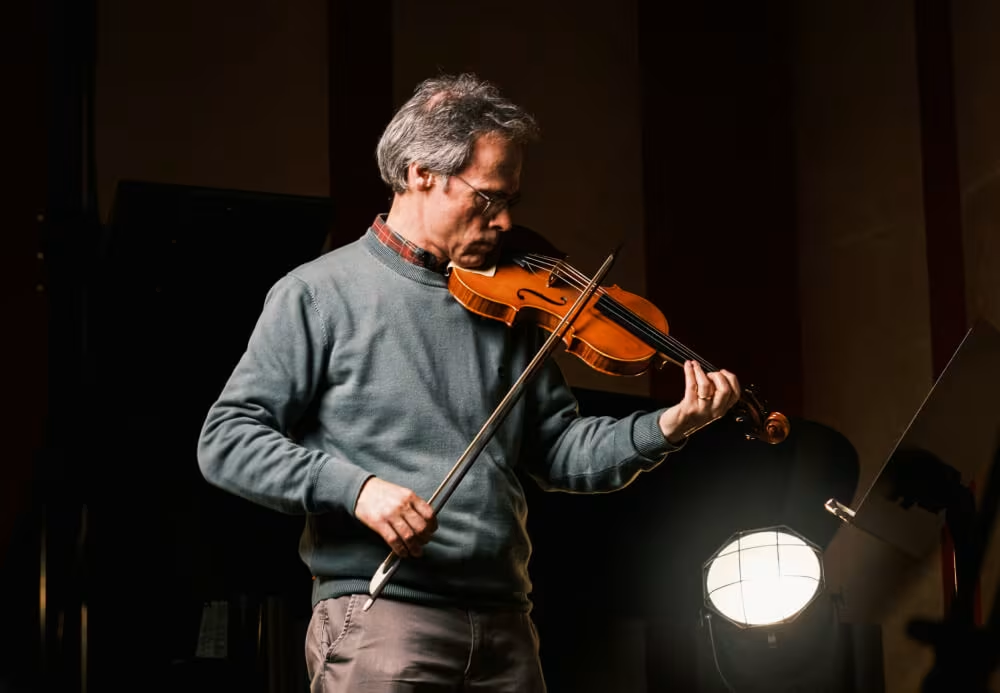
BY ASHUTOSH KHANDEKAR | FIRST PUBLISHED 6 JUN 2025
The London Handel Players (LHP), renowned for vibrant, intimate performances of historically-informed repertoire centred around the music of Bach, Handel and their near contemporaries, celebrate their 25th anniversary this year. Continuo caught up with LHP’s founder and leader Adrian Butterfield, who charts his journey into Baroque violin-playing via the choral traditions of Tudor England and some nifty moves on the dance floor.
The history of music is full of unintended consequences. One heartening example is how the tiny village of Tilford in the English Home Counties became an important launchpad for the Baroque music revival in postwar Britain. Adrian Butterfield, leader and co-founder of the London Handel Players, is among the many prominent musical heirs of this legacy: ‘One of my greatest inspirations was Denys Darlow (1921–2015), who founded Tilford Bach Festival in Surrey in 1952. He wasn’t the greatest conductor perhaps, but he had such an infectious enthusiasm for the music of Bach and Handel, and became a pioneering figure in the Early Music scene. He was ahead of his time, dusting down Baroque repertoire that was all but forgotten. His catch phrase was, “It’s never done, you know…”’
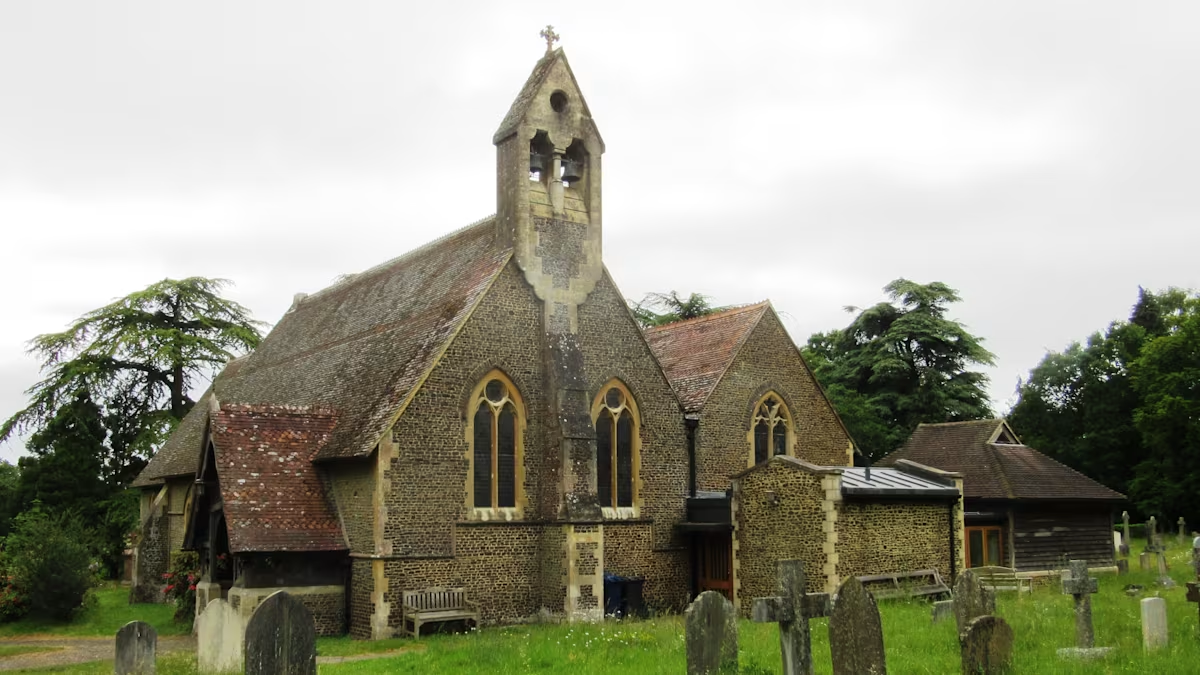
Darlow went on to establish the London Handel Festival (LHF) in 1978, based in Handel’s own church, St George’s Hanover Square in London’s Mayfair. Both Tilford and LHF went on to play a key role in shaping Butterfield’s career. He held the post of Associate Director of LHF for more than 25 years; and since 2005, he has been director of the Tilford Bach Festival, working at first in association with the renowned Handel specialist, Laurence Cummings, and since 2010 as sole Artistic Director.
This immersion in the music of Bach and Handel has influenced Butterfield’s involvement in various other chamber ensembles using period instruments. One of these is the cellist Angela East’s The Revolutionary Drawing Room quartet. ‘I joined shortly after the start in 1992 as the second violinist, and took over as leader in 1995. I’ve been running the ensemble as well as leading it ever since Angela’s decision to step down in the 2000s.’ The quartet’s quirky name reflects its distinctive approach – one that aligns with Butterfield’s own: he likes to shake up the status quo in unexpected ways; and he brings a conversational and informal quality to his performances, whether they be grand oratorios or obscure solo pieces. Meanwhile, his other chamber ensemble for mixed forces, the London Handel Players, is celebrating its 25th anniversary, culminating in a Wigmore Hall concert (29 Sep).

Butterfield began his musical training early, taking violin lessons at the age of six from Pamela Spofforth (1924–2008), an inspirational figure among British string players, and one of the founders of Pro-Corda, a hugely influential training ground for young chamber musicians. ‘Pamela – or “Spoff” as we called her – was Russian-trained, and proud of it. She loved Bach’s solo violin works and they were a focus of her teaching, though not, it has to be said, in a way that we would regard as “historically informed”, Butterfield admits. ‘She wasn’t that enthusiastic when I announced that I wanted to switch to Baroque violin!’
The taste for Early Music developed in Butterfield’s time as a boy chorister at St Paul’s Cathedral. ‘We sang a wide repertoire, including annual performances of Handel’s Messiah. But I was especially drawn to the music of Byrd, Tallis, and Weelkes. That pure, boy-treble sound has stayed with me. I remember Spoff often criticising me for not using enough vibrato in my violin-playing, but that purity – with less vibrato – felt natural to me because of my singing, and it has shaped my playing style. Of course, vibrato has its place in historical performance, but it’s used very differently.’
Paul Steinitz (1909–1988), the British organist and conductor, and another highly influential Bach figure of the postwar years, also played a formative role in shaping Butterfield’s musical development. ‘I met him when I was about 16 when he invited a group of us from Pro Corda to form the string section for his choir, The London Bach Society, performing in Bach’s Christmas Oratorio and the Mass in B minor. That was a turning point, even though we weren’t using period instruments. I gradually got drawn into that world.'
As ‘that world’ expanded for Butterfield, he became more and more involved in ‘grand gestures’ of the Baroque repertoire. ‘At the LHF under Darlow, we were regularly performing the big operas, oratorios and large-scale orchestral works.’ However, when Cummings took over from Darlow, the emphasis changed. ‘Both Laurence [Cummings] and I felt that the festival wasn’t focusing enough on Handel’s chamber music or that of his contemporaries — and that’s when the London Handel Players came into focus. Laurence and I founded the group with my wife, Rachel Brown, on flute and recorder. Violinist Oliver Webber, a brilliant Baroque player and communicator, was also part of the original line-up. As the group grew, I realised that if I didn’t step up and organise concerts, they wouldn’t happen. So I trained myself in that side of things, too – and I’ve found that I really enjoy it.’
The newly-formed ensemble began to perform largely unexplored chamber gems such as Handel’s trio sonatas, Bach’s suites, the chamber works of Telemann and sonatas of Vivaldi. Works that tend to be performed with large resources, including Bach cantatas and oratorios, were examined on a much smaller scale. A case in point is the recent Mass in B minor at Wigmore Hall with one voice to a part, reflecting Butterfield’s quest for a more personal, intimate engagement with music-making and audiences: ‘When you find scholars such as Joshua Rifkin and Andrew Parrott advocating one-per-part Bach performances, it sometimes makes sense to me in terms of Handel, too. Some of his music was designed for smaller forces. In 2018, we recorded the Chandos Anthems in St Lawrence’s Church, Whitchurch, the building they were written for, and it seems to me very clear they were sung with one voice to a part, with perhaps with two or three boys on the top line.’
In the intervening 25 years, the LHP have taken on a life of their own, beyond the festival that spawned them. The line-up is flexible in size, and often involves collaborations with singers and guest soloists. Adrian’s wife Rachel continues to be at the heart of the ensemble and together they make something of a dynamic duo: ‘I met Rachel on a Mozart flute concerto tour in 1992, and that was a pivotal moment for me. We married in 1995, and from the beginning, it was clear we loved performing together. In many ways, the LHP became a natural vehicle for that. As a violinist, I’ve learned so much from Rachel and other wind players. Their breath control reminds us string players not to take sound for granted!’
‘Larghetto’ from Antonio Vivaldi’s Flute Concerto in D minor, RV431a Il Gran Mogul (Recording by Tom Mungall Audio)
Collaboration has been key to Butterfield’s development as a musician. Singers have always been in the mix, with Early Music vocal icons such as Dame Emma Kirkby, Daniel Taylor and Charles Daniels making regular guest appearances, while more recently a new generation of singers including sopranos Lucy Crowe and Hilary Cronin, countertenor Hugh Cutting, and mezzo-soprano Helen Charlston have been brought into the LHP fold. ‘Having been a singer, I’ve always loved working closely with vocalists – finding that shared, expressive musical language built around breathing and phrasing.’
Mary Collins and Steve Player on their project, Caractères de la dance – a Baroque rebellion, with London Handel Players
Tapping into the more unconventional side of his nature, Butterfield has also sought collaboration with dancers. Working with Early Music dance specialists Mary Collins and Steve Player has, he says, been transformative. ‘Baroque composers, especially Bach, were steeped in dance,’ Butterfield points out: ‘As a teenager sent away to school in Lüneburg, Bach was exposed to French dance training. Once you understand how integral dance was to the culture of Bach’s time, it changes how you interpret and articulate his music – even the sacred works like the B minor Mass, in which the “Quoniam tu solus sanctus” and “Et resurrexit” are clearly based on the polonaise. Once you know that, it changes everything! I wouldn’t say I’m a natural dancer myself, but learning the steps of the dance movements – gavottes, minuets, sarabandes, gigues – physically changed the way I play. I remember Mary coming to one of our early LHP concerts and saying afterwards, “As a dancer, I felt like I wanted to get up and move to your playing.” That meant a lot to me.’
As the 25th anniversary gathers pace, the LHP have a busy few months ahead of them. Last week, they delivered performances of Telemann’s Paris Quartets in Merseyside (29 Jun) and Norfolk (5 Jul), which the ensemble will record later this year as the second and final volume of their Telemann project.
Several programmes featuring music by Jean-Marie Leclair, founder of the French school of violin-playing, are particularly dear to Butterfield’s heart. Having recorded the first three books of his Violin Sonatas, he will be turning his attention to Leclair’s Violin Concertos in a recording that will be released to coincide with the celebrations at Wigmore Hall in September. ‘There’s a lovely historical thread between Leclair and Handel through George II’s daughter, Princess Anne – Handel’s harpsichord student. She later married William IV, Prince of Orange, and Leclair ended up working for her in the Netherlands. People often only know one or two of Leclair’s works, but there’s such a rich, consistently good body of music that deserves more attention.’
There are more highlights ahead in 2026. Things come full circle in a Mozart-in-Mannheim programme to be launched in January 2026, featuring the Flute Concerto played by Rachel Brown that brought her and Adrian together. Joining them will be soprano Anna Dennis in the role of the virtuoso soprano Aloysia Weber, Mozart’s great passion in Mannheim before he moved on to her sister Constanze in Vienna. And next March, as part of the Wigmore Hall’s own 125th anniversary season, the LHP have been invited to perform a programme of celebratory cantatas – Bach among them. ‘So, yes, reaching the grand old age of 25 doesn’t mean putting on the brakes at all,’ says Butterfield. ‘The thing that sustains me is doing the music I love with musicians I respect, and to audiences that care.’
Hear the London Handel Players live at Paxton House in the Scottish Borders on 25 Jul, or at Wigmore Hall, London, on 29 Sep. For full listings of their performance, visit the LHP artist profile page.
Share this
Keep reading
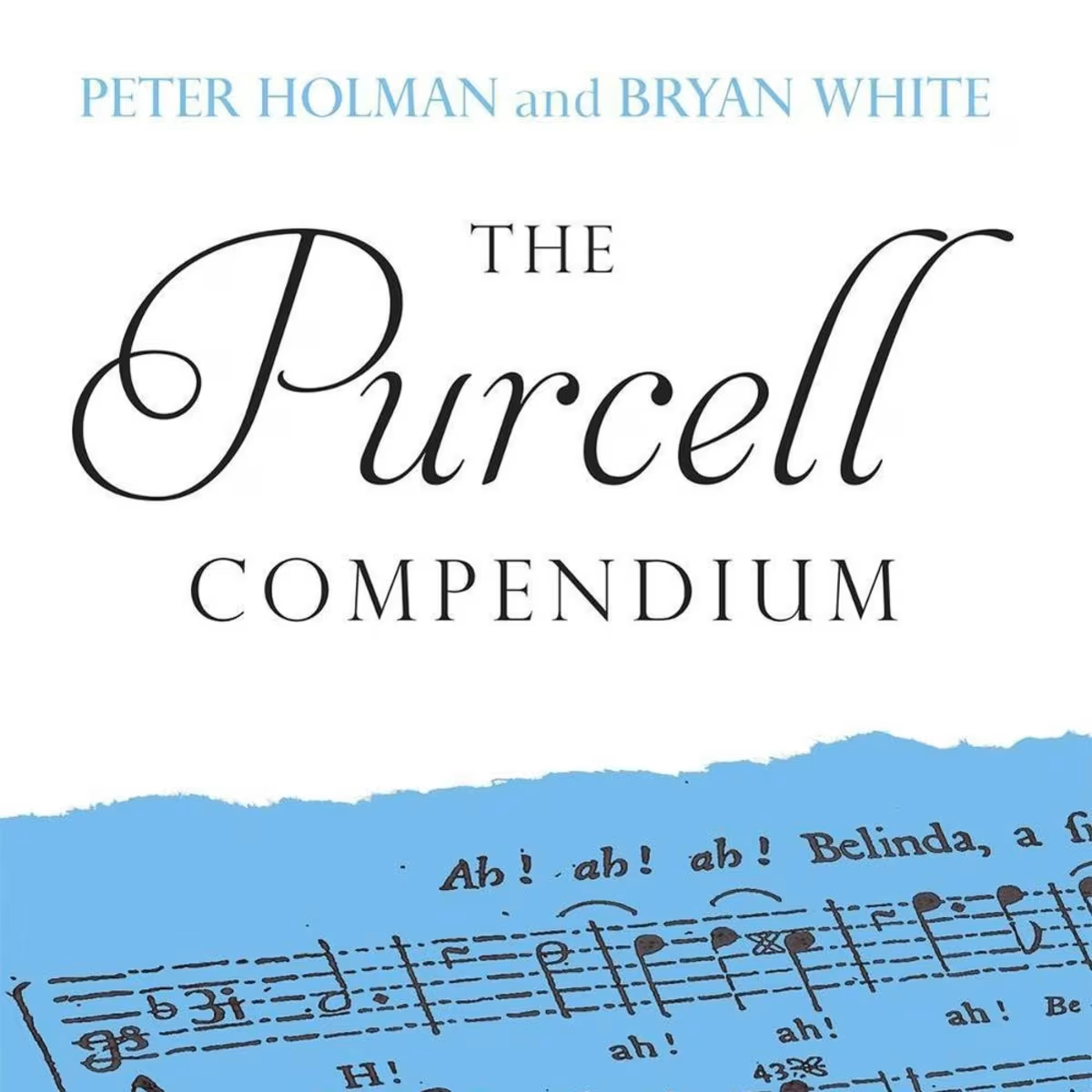
The Purcell Compendium
A reference volume covering an extensive range of Purcell studies, including his life and works, his milieu and the reception of his music to the present.
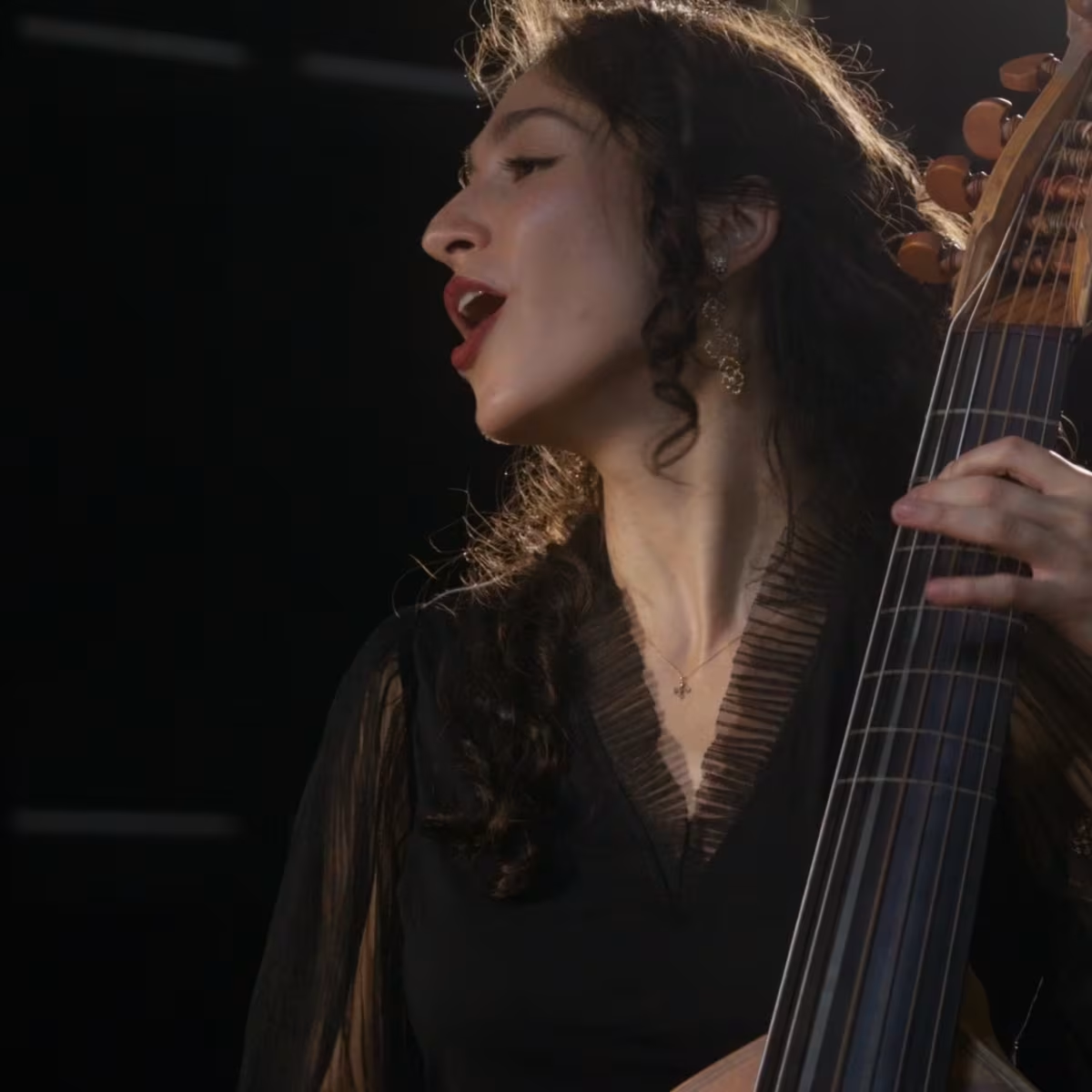
Bellot Ensemble | Strozzi: ‘Amor dormiglione’
Barbara Strozzi’s ‘Amor dormiglione’ is one of her most beguiling and subtly witty arias, a gently teasing address to Cupid himself.
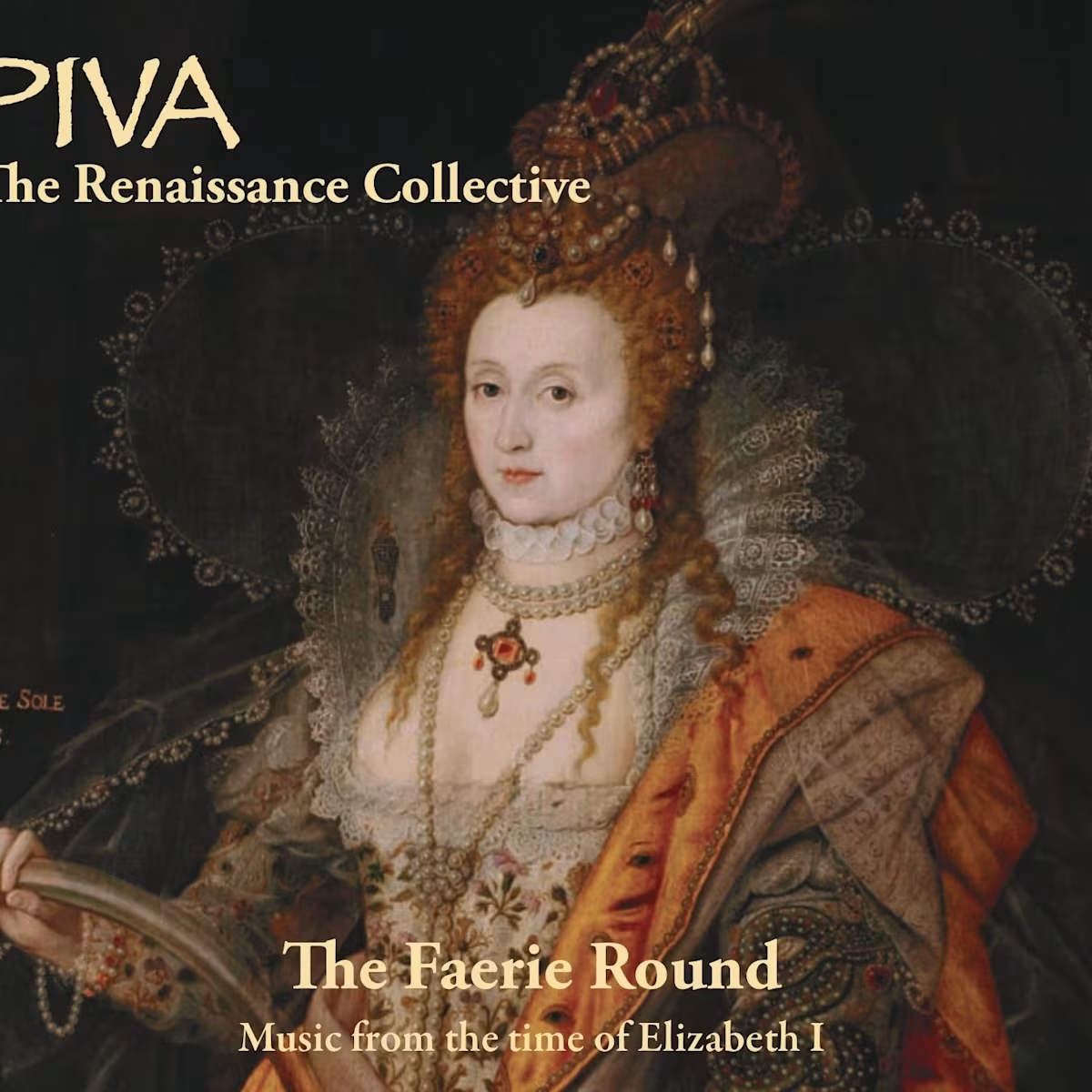
The Faerie Round: Music from the time of Elizabeth I
PIVA – The Renaissance Collective’s third album features dance and ballad music from late Elizabethan England.



